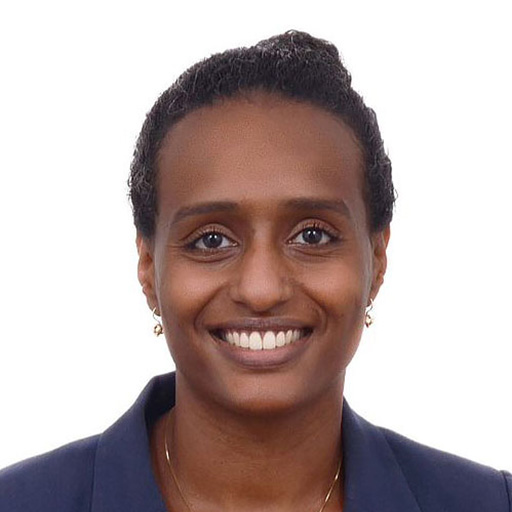FransCremers
PhD
Location
Nijmegen, Netherlands
Current Organization
Radboud University Medical Center (The Netherlands)
Biography
Prof. Cremers is professor of ophthalmogenetics in the Department of Human Genetics and the Donders Institute for Brain, Cognition and Behaviour in the Radboudumc in Nijmegen, The Netherlands. He performed his PhD, positional cloning of the choroideremia gene, in Nijmegen, under the supervision of Prof. B. Wieringa and Prof. H-H. Ropers. He headed the Division of Molecular Genetics from 1992 – 2011 and was the director of the master program Molecular Mechanisms of Disease from 2005 – 2010. He published 340 peer-reviewed papers and 15 book chapters on molecular genetics of inherited retinal diseases (IRDs). He supervised 32 PhD students and 8 postdocs, of whom 7 are now full professors (among which Camiel Boon, Rob Collin, Anneke den Hollander, Ronald Roepman) or assistant professor (Susanne Roosing). He initiated and coordinated national (RD5000) and international (European Retinal Disease Consortium) collaborations in the IRD field. He is the director of the Foundation Fighting Blindness USA Program Project Award entitled ‘Splice Modulation to Treat Inherited Retinal Diseases’ and is co-chairing the Genetic Diagnostics Transworkgroup in ERN-EYE. His team was significantly involved in the identification of 32 IRD-associated genes, among which the X-linked choroideremia and RP3/RPGR gene, genes associated with Leber congenital amaurosis (CEP290, CRB1, LCA5), autosomal recessive retinitis pigmentosa (EYS, USH2A), autosomal recessive cone dystrophy (PDE6C, POC1B), as well as familial exudative vitreoretinopathy (TSPAN12, ZNF408). He also discovered the first hearing impairment gene, POU3F4, implicated in X-linked DFN3. Recently, he published on the genetic landscape of Stargardt disease. He discovered hidden intronic mutations in the ABCA4 gene by sequencing >3.000 Stargardt disease probands and employing stem cell technology and transcriptomics. Currently, he performs targeted sequencing of 180 genes in >7.000 international probands with IRDs.




